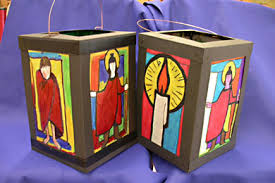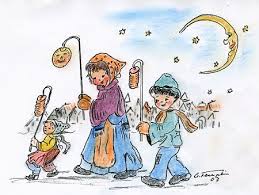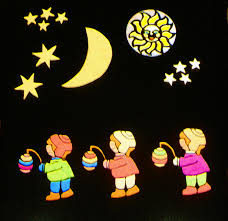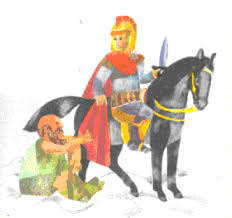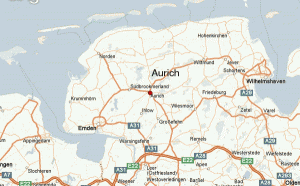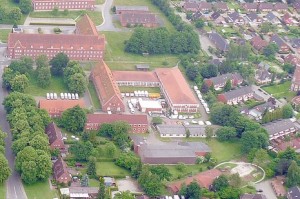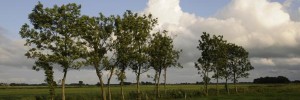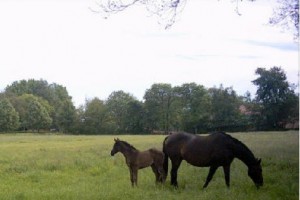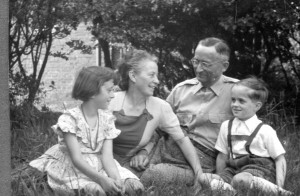Before t am going to tell you about our move to the Old House of Rocky Docky in the Rhineland region of Germany, I want to talk a bit more about our experiences in the refugee camp in Aurich, East Frisia.
 Most children live in the present. To this day I always liked to live in the present moment rather than in the past or future. However, writing my blog now forces me to relive the past. This is a request of our five sons who want to hear my side of the “Peter-Gertrud Story ” my husband is writing, I have to admit that I actually start enjoying this trip on memory lane. Now back to the past…
Most children live in the present. To this day I always liked to live in the present moment rather than in the past or future. However, writing my blog now forces me to relive the past. This is a request of our five sons who want to hear my side of the “Peter-Gertrud Story ” my husband is writing, I have to admit that I actually start enjoying this trip on memory lane. Now back to the past…
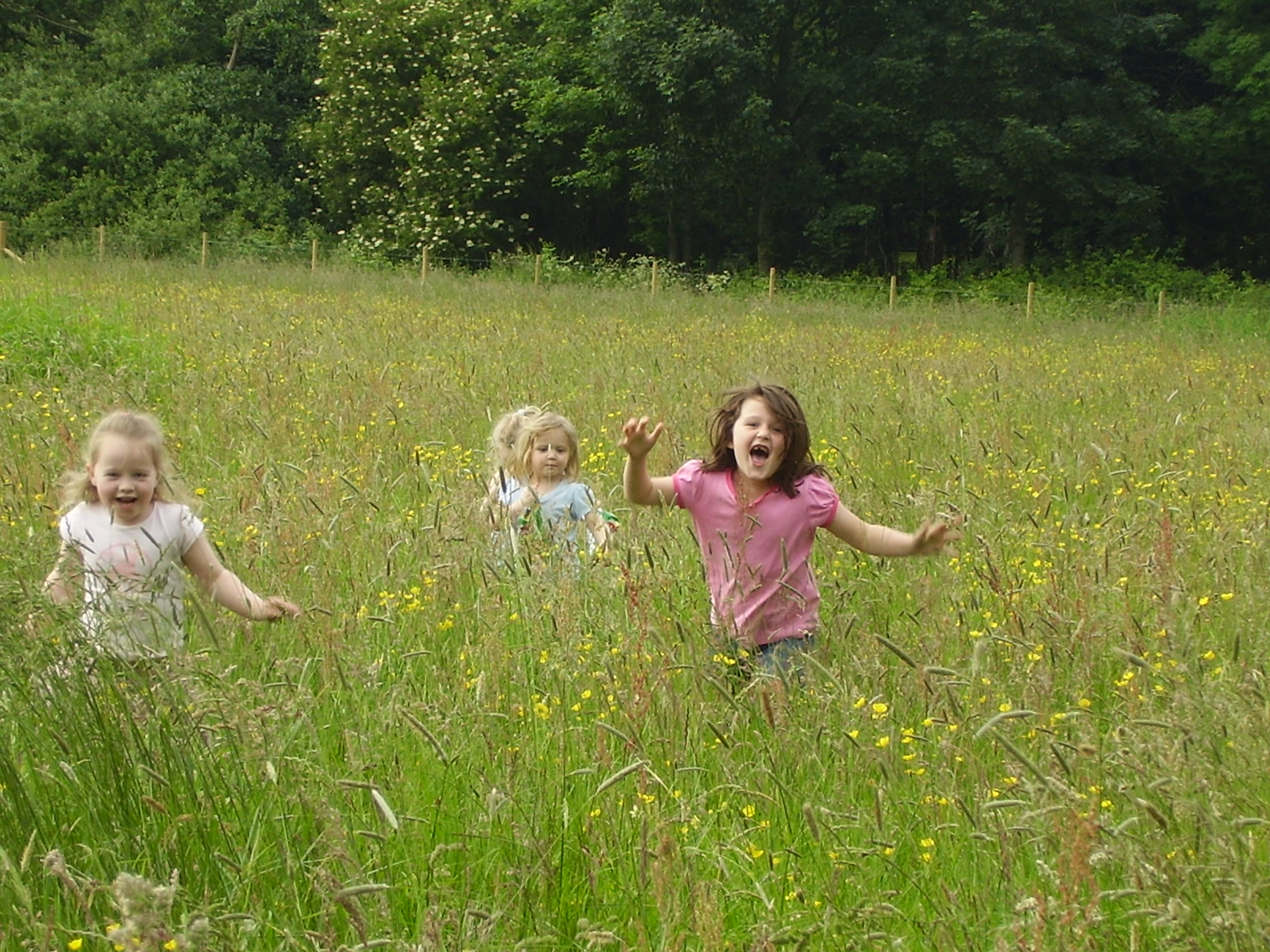 Every day is a new experience for children and I enjoyed every day of my new life. No time to think of the past. School was exciting because of our inspiring and kind teacher. With so many families living in close proximity in the camp my brother and I had lots of friends. Most of the time we spent outside playing in those endless meadows surrounding the camp. There was never a dull moment because someone would always come up with an exciting activity or game. We skipped rope, played ball games, did yoga type gymnastics often inventing new poses, had talent shows singing and performing songs we had heard on the radio. We played all the old fashioned games like marbles, hopscotch, hide and seek, catch or make belief games. Sometimes we would just collect daisies, dandelions or other flowers to braid wreaths, or we would lie back in the lush meadows and daydream.
Every day is a new experience for children and I enjoyed every day of my new life. No time to think of the past. School was exciting because of our inspiring and kind teacher. With so many families living in close proximity in the camp my brother and I had lots of friends. Most of the time we spent outside playing in those endless meadows surrounding the camp. There was never a dull moment because someone would always come up with an exciting activity or game. We skipped rope, played ball games, did yoga type gymnastics often inventing new poses, had talent shows singing and performing songs we had heard on the radio. We played all the old fashioned games like marbles, hopscotch, hide and seek, catch or make belief games. Sometimes we would just collect daisies, dandelions or other flowers to braid wreaths, or we would lie back in the lush meadows and daydream.
 Looking back now from an adult perspective life for my parents was not that idyllic. They were eager to have a place again where they could put down roots and call it home. But time dragged on. Sometimes my mom would take us to the picturesque town of Aurich, where my dad had found a temporary position as dental technician at the local dentist’s office. On those outings my mom would slip quietly into the beautiful old church to kneel down and pray a few Our Fathers. Often it looked like she was crying.
Looking back now from an adult perspective life for my parents was not that idyllic. They were eager to have a place again where they could put down roots and call it home. But time dragged on. Sometimes my mom would take us to the picturesque town of Aurich, where my dad had found a temporary position as dental technician at the local dentist’s office. On those outings my mom would slip quietly into the beautiful old church to kneel down and pray a few Our Fathers. Often it looked like she was crying.
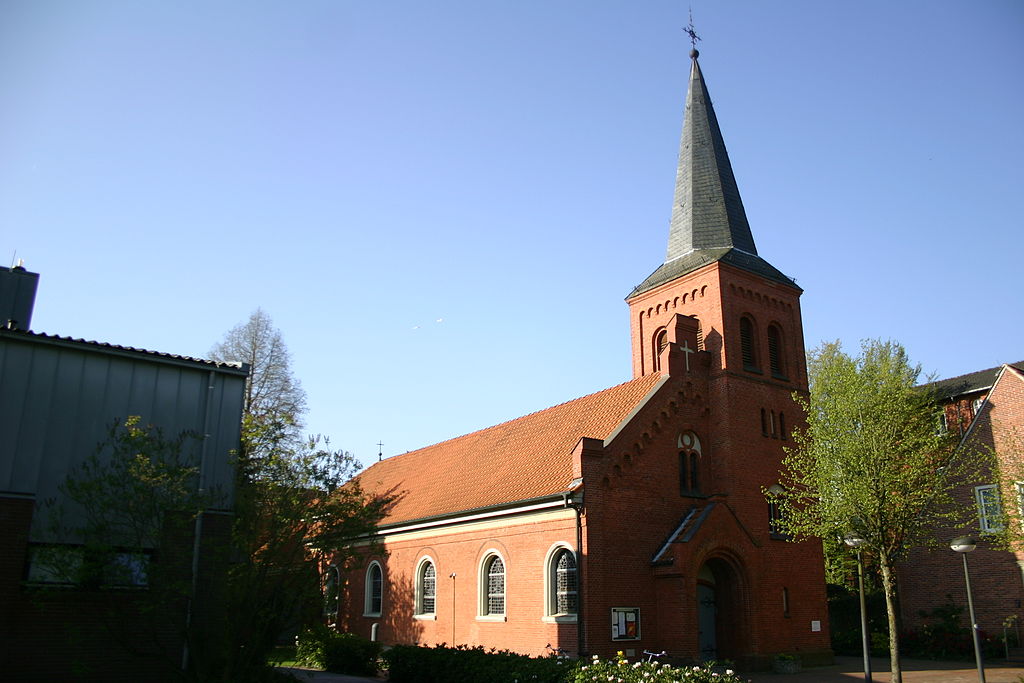 My brother and I loved these town outings because my mother would buy us cones with whipping cream, a specialty of the region, which is known for its sweet and rich cream from happy cows grazing on those lush pastures. My mom would drink East Frisian black tea with little “clouds” of heavy cream, also a specialty of the region.
My brother and I loved these town outings because my mother would buy us cones with whipping cream, a specialty of the region, which is known for its sweet and rich cream from happy cows grazing on those lush pastures. My mom would drink East Frisian black tea with little “clouds” of heavy cream, also a specialty of the region.
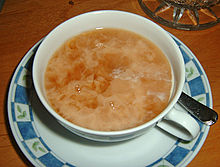 November 11, is a special holiday for children in East Frisia, called St. Martin’s day. A few days before the special night we were taught at school how to make paper lanterns. We also learned to sing special St. Martin’s songs.
November 11, is a special holiday for children in East Frisia, called St. Martin’s day. A few days before the special night we were taught at school how to make paper lanterns. We also learned to sing special St. Martin’s songs.
On the night of the eleventh day of the eleventh month, we dressed up in costumes and then walked in a group from house to house singing the songs we had learned. Like at Halloween we would receive candies or other goodies in return. For my brother and me it was the first time we experienced such a magical night.
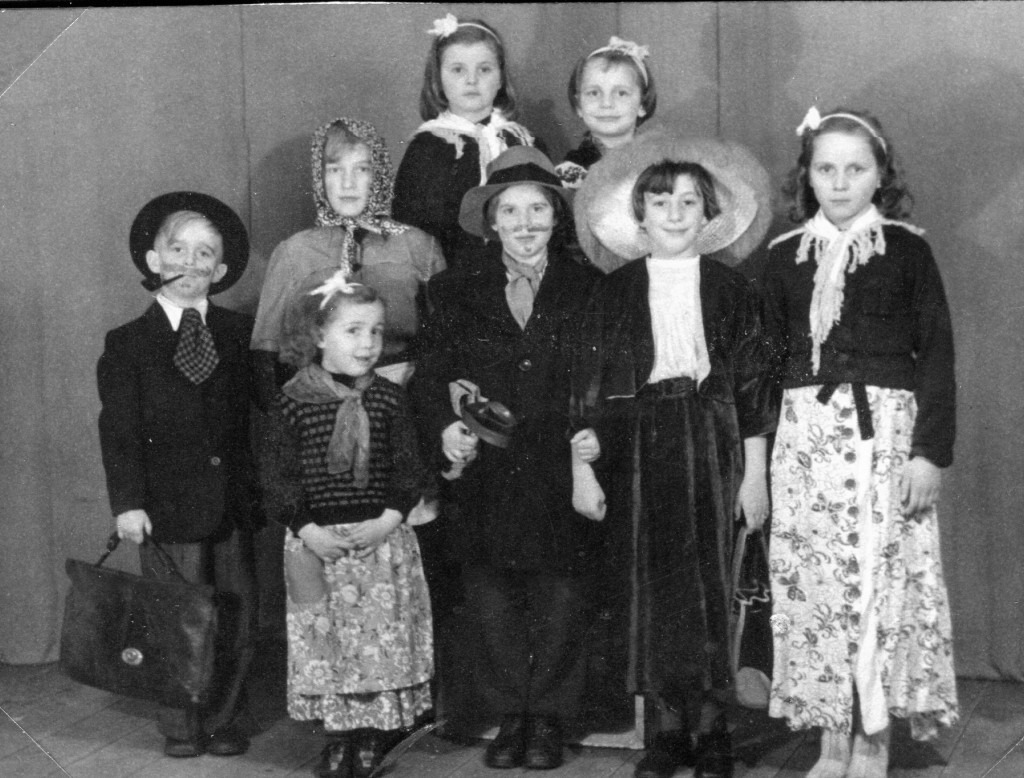 In contrast to Halloween it does not have any scary origins. The historical St. Martin was known as a friend of children and the poor and there are many legends about his kindness and charity. He once shared his coat with a beggar in a severe snowstorm to save his life. Often this legend is reenacted in a parade with St. Martin riding on a horse with the beggar wearing half his coat.
In contrast to Halloween it does not have any scary origins. The historical St. Martin was known as a friend of children and the poor and there are many legends about his kindness and charity. He once shared his coat with a beggar in a severe snowstorm to save his life. Often this legend is reenacted in a parade with St. Martin riding on a horse with the beggar wearing half his coat.

